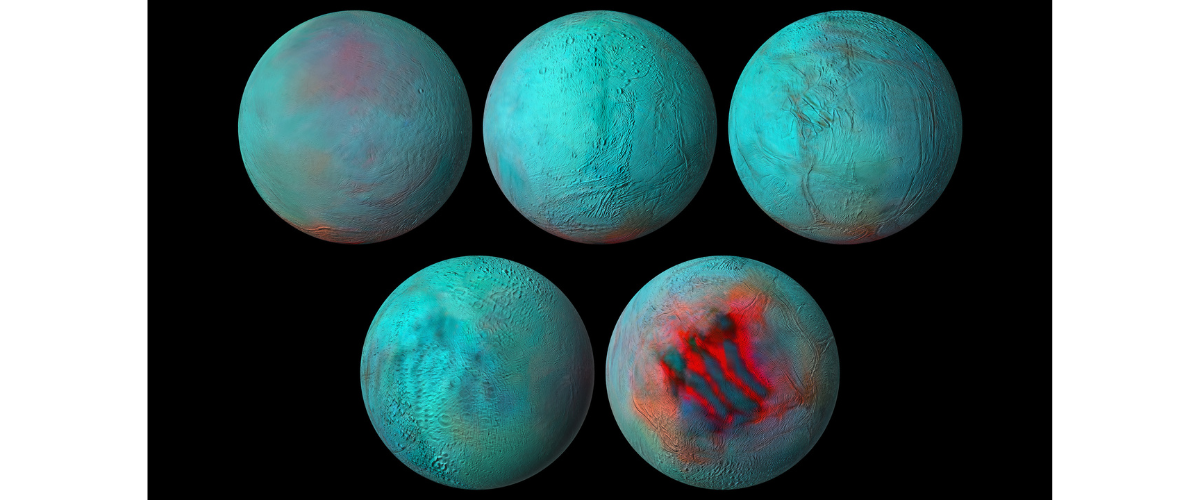- DURATION 5 x 60 mins
Event Description
Astronomer Malcolm is returning after the resounding success of his two previous 5.0 out of 5-star series. This time, he's embarking on an update of all the current scientific activity around the on-going search for life in the universe.
In these talks, Malcolm will explore the challenges of seeking evidence for life beyond our own planet. He will bring us up to date on the fascinating possibilities of life existing elsewhere in the Universe and share insights on how we are seeking this evidence. We will also look at the possibilities of alien life very different from our own.
These talks promise to tackle fundamental questions about our place in the grand scheme of the Universe. Are we drawing any closer to unravelling the enigma of extra-terrestrial life? Join us for these thought-provoking discussions in just 5 talks, and let's expand our view of life beyond planet Earth.
- Where are we now in the search for extraterrestrial life? The key points from the previous series about the search for extraterrestrial life are revisited and updated. What are the new results from Mars, and the on-going search for planets around other stars? What is the powerful James Webb Space Telescope discovering that offers clues to life in other solar systems?
- Possibilities for life on moons in our Solar System? The moons of the planets in our own Solar System were long dismissed as hopeless sites for life. But now that has dramatically changed with new observations from visiting spacecraft. The possibilities for life are investigated on two of the moons of our gas giants - Europa and Titan.
- Asteroids – a waste of space or a valuable resource? Are these objects going to play a vital role in the next steps of humankind – leaving our planet for life elsewhere? What have we learned from the rock samples recently brought back from nearby asteroids? We will look at the major asteroids, re-examine the theory of Panspermia and especially study the unexpected rocky visitor from outside our Solar System, Oumuamua.
- Atmospheres of other planets – what are the clues to life? What about life on Venus – is it as bad as people say? An atmosphere filled with sulphuric acid clouds – doesn’t sound good, but lets take a closer look. What can we see in the atmospheres of distant extra-solar planets. And we’ll take a tour around the planets of the nearest stars, so close that we can see them with our naked eyes (the stars, but not the much fainter planets). What are we learning about our galactic neighbours?
- Speculation on alien forms of life – how strange can life be? Lets have another look at the most unusual forms of life on our planet and see if that helps us in our search for life elsewhere in the Universe. Plus we can look at the basic underlying chemical structures of all our life forms and see if it matches what we are seeing on other planets & moons. In addition, we need to wonder if intelligence is always inevitable in evolution, or could alien life be just plant-based as suggested by the Rare Earth hypothesis? And, to finish, what could be the consequences of First Contact, and what, if any, are the agreed principles for such first extra-terrestrial communications
- Duration: 5 x 60 mins
- Online Zoom event: Join from your computer, phone or tablet (no replay available)
Malcolm Coe is an Emeritus Professor of Astronomy at the University of Southampton, UK. For over 4 decades he transmitted his enthusiasm for astronomy to hundreds of students, winning awards for his creative teaching style. He gave popular astronomy talks on cruise ships for over a decade as well as countless lectures to adult groups and school children. In 2017 he had an asteroid named after himself.
More Information
What if I can’t make the event?
If a recording’s available for the event, you can still register for it and we will send you an email with a link to a recording shortly after it ends.
Will my camera be on and will I be visible to the other people?
Your camera and microphone does not need to be on for you to enjoy the event. The choice about whether to do this is completely yours.
How do I watch the live event?
Rest Less events are hosted on Zoom, a computer application that allows you to attend online events just by clicking a link. For detailed instructions, please go to our "FAQ" page, which you can find a link to in the nav bar at the top of the page.
How do I sign-up for and access the recording? (Recorded events only)
Book the event as normal (as if you are attending live). After the event ends you will automatically receive a post-event email with a link to the recording, as long as the event was recorded. You do not need to do anything else and there is no separate booking process for recordings only. Please note it can take up to 24 hours for Zoom to process recordings.

